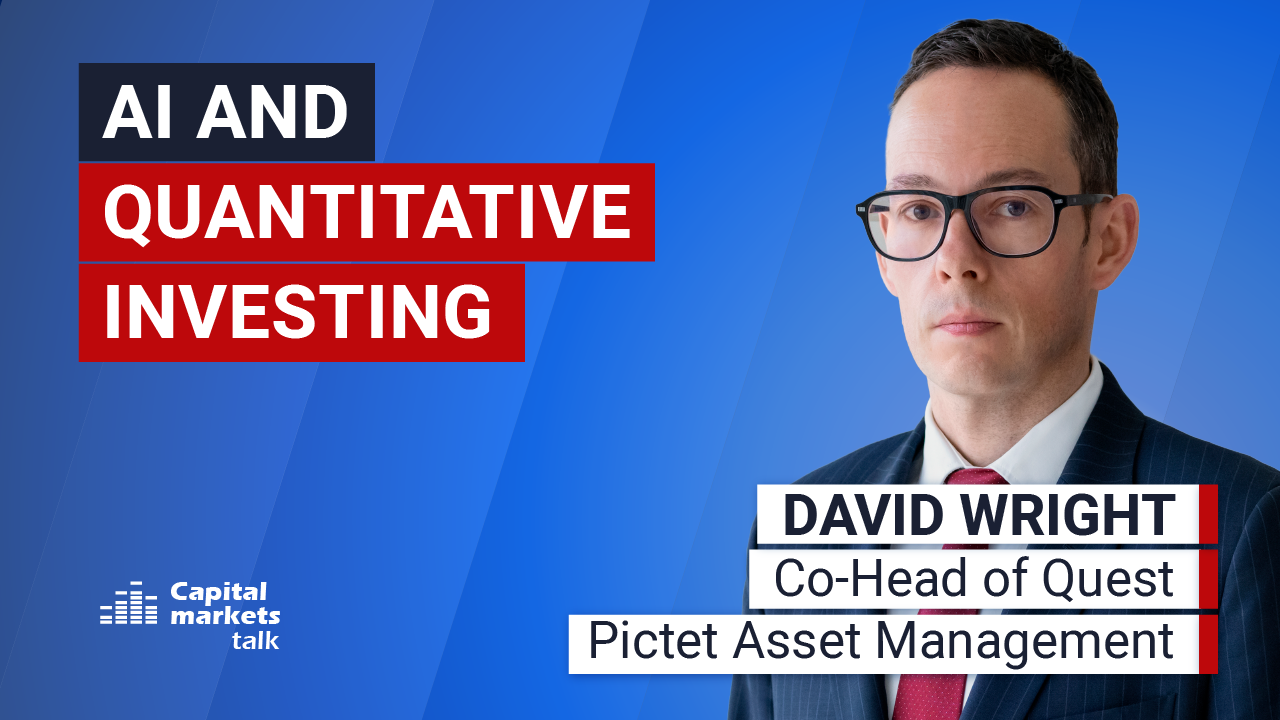Rising inflation and tighter monetary policies have put the Covid rebound on the back foot, and market analysts now see the global economy slowing in 2022 and 2023. However, the outlook varies for every region, with emerging market debt looking attractive as the US and Europe head towards a recession, says Aviva Investors.
The investment management firm says that emerging markets are forecasted to grow at 4% next year compared to a 0.6% growth in developed markets. “In contrast to many developed markets, rate hikes have helped build a real rate cushion in many EM countries,” says Aviva.
Over the last two decades, emerging market debt has seen considerable growth, with local currency bonds now in focus compared to hard-currency issuances in the past. In comparison to developed markets, corporate bond issuance has grown at a much faster pace in emerging markets.
“EM companies have also strengthened their balance sheets in recent years. Leverage among emerging market companies is at its lowest level for ten years – far below the average among US firms,” says Aviva.
However, Aviva notes the variance found in emerging markets, where some exporters are benefitting from high commodity prices while others are seeing deficits rise due to soaring food and energy costs. Citing an analysis by Goldman Sachs, Aviva says that 80% of EM countries have seen food terms of trade worsen, which could be a significant concern going forward.
View the complete insight here.
Read more

Global Trade
Trump ignites global trade war / Reactions
The USA itself will be the victim of Trump’s trade policy.

Private Debt
The case for private debt in real asset financing
What makes the combination of private debt and real assets particularly compelling in today’s market?

Schroders
Looking ahead: 30-year return forecasts
Higher returns are expected across asset classes, driven by stronger productivity growth for equities and elevated long-term central bank rate projections for bonds.

Quant Investing
AI and quantitative investing
Artificial intelligence applications go way beyond stock selection.

Bellevue Asset Management
Demographics and AI drive MedTech stocks
MedTech investment case: What makes it attractive, which trends stand out?





















